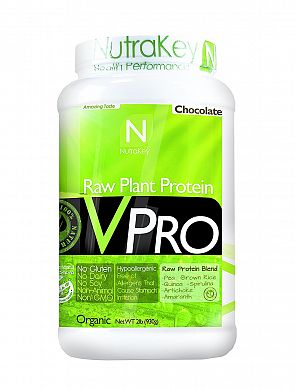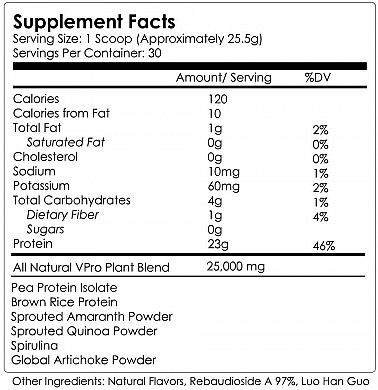Importance of Protein
The importance of protein to balanced health is often understated. According to the Harvard School of Public Health, a lack of protein can lead to muscle loss, compromised immunity, respiratory issues, and cardiovascular issues. Choosing a diet rich in plant protein such as protein derived from grain legumes yields an extra bonus; eliminating the health risks associated with excess saturated fats that are found in animal protein. (source)
Animal Protein vs Plant Protein Sources
A 6-ounce broiled porterhouse steak is a great source of complete protein–about 40 grams. But it also delivers an equal amount of fat, about 38-40 grams, 14 of them saturated. That’s more than 60% of the recommended daily intake for saturated fat. The same amount of salmon, another source of animal protein, would yield about 34 grams of protein and 18 grams of fat, 4 of them saturated. By comparison, a cup of cooked lentils has a nutrient dense 18 grams of protein, and under 1 gram of fat, providing a much higher protein to fat ratio. In addition to this, plant protein is highly bioavailable, ensuring that you receive the full benefit of your protein source.
Plant Protein Complex
Rice & Pea Protein
Rice protein is high in the sulfur-containing amino acids cysteine and methionine, but low in lysine. Pea protein, on the other hand, is low in cysteine and methionine, but high in lysine. The combination of rice and pea protein offer a superior amino acid profile that is comparable to dairy or egg proteins, but without the excess cholesterol and digestive/allergic issues experienced with other proteins.
Peas are not only high in protein (approximately 90% by weight), but are also highly digestible, allowing for higher absorbability. Pea protein delivers large amounts of the necessary branched-chain amino acids, isoleucine and valine, in addition to arginine, lysine, and others.
Artichoke Protein
Artichokes are loaded with antioxidant while having low calories, low fat, and no cholesterol. Its natural properties help the body eliminate toxins and assist the liver in its vital operation.
Amaranth Protein
Amaranth is a gluten-free grain and a source of complete protein–it contains all the essential amino acids, including lysine, which is lacking in most grains. Amaranth has a rich history dating back 8,000 years, when it was first cultivated in Mesoamerica. The ancient Aztecs relied on amaranth as a food staple, and used it in religious rituals, earning it the nicknames “Super Grain of the Aztecs” and “Golden Grain of the Gods”.
What is Hypoallergenic?
V Pro Raw Plant Protein Powder is hypoallergenic. This means it will not irritate the stomach and is easier to digest than other sources of protein. People with gastrointestinal ailments such as irritable bowel syndrome, food allergies, or who are lactose intolerant may find it difficult to digest meat, dairy, and other sources of protein. Plant proteins are a safe and healthy alternative.



